
In the tranquil world of yoga, the concluding words seal the spiritual connection established during practice. “Namaste” has long been the chosen phrase. But how can instructors end a yoga class without saying ‘Namaste’? Dive into alternatives that retain the essence, ensuring every yogi leaves with a heart full of gratitude and peace.
What Does Namaste Mean?
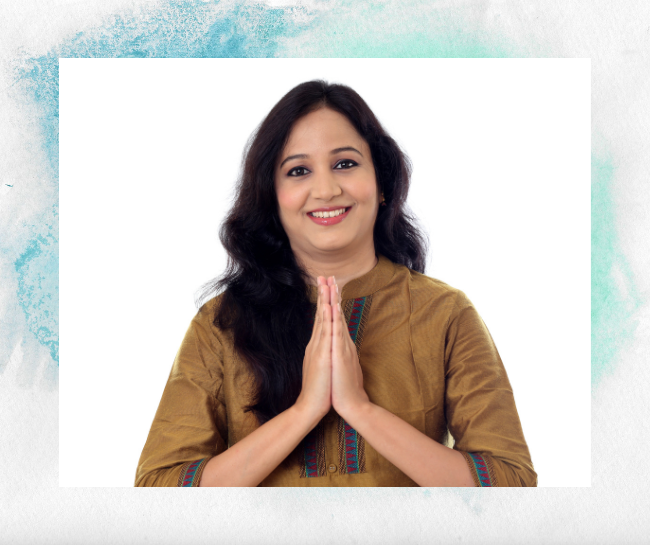
Originating from ancient India, “Namaste” is a respectful form of greeting in Hindu custom. In the context of yoga, it translates to “The divine in me bows to the divine in you.” It’s more than just a word; it’s an acknowledgment of the soul in one by the soul in another.
💡 Namaste promotes a sense of unity and respect among individuals.
Why Don’t Yoga Teachers Say Namaste Anymore?
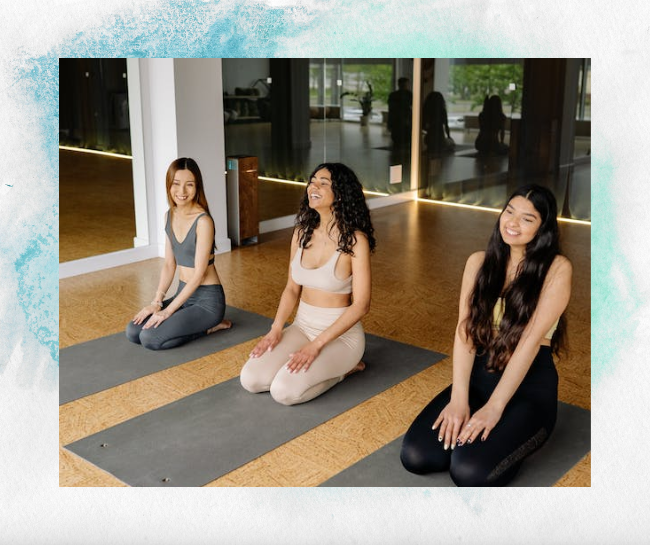
The reverent term “Namaste” has echoed through yoga studios worldwide for years. But lately, its omnipresence is being reevaluated. What’s prompting yoga teachers to reconsider this once staple conclusion to their sessions?
- Cultural Appropriation Concerns: “Namaste” is deeply rooted in Indian culture and spirituality. As yoga became global, there’s a push to avoid misusing cultural terms. Some teachers prefer to sidestep “Namaste” to respect its cultural significance.
- Personalizing the Yoga Experience: Teachers aim to make their classes unique. Choosing different closing remarks lets them tailor classes to their personal teaching philosophy.
- Inclusivity and Broadening Appeal: To cater to a diverse yoga community, some instructors pick universally understood closing phrases instead of “Namaste.”
- Clarifying Misunderstandings: With “Namaste” appearing on commercial items like T-shirts, its deep meaning might get overshadowed. Some teachers use it less to maintain its sanctity.
What Can I Use Instead of Namaste?
Choosing the right words to conclude a yoga session is crucial; it encapsulates the experience and sets the tone for how students depart and re-enter their daily lives. Here’s a deeper exploration of alternatives to “Namaste”:
Guided Relaxation and Closing Words
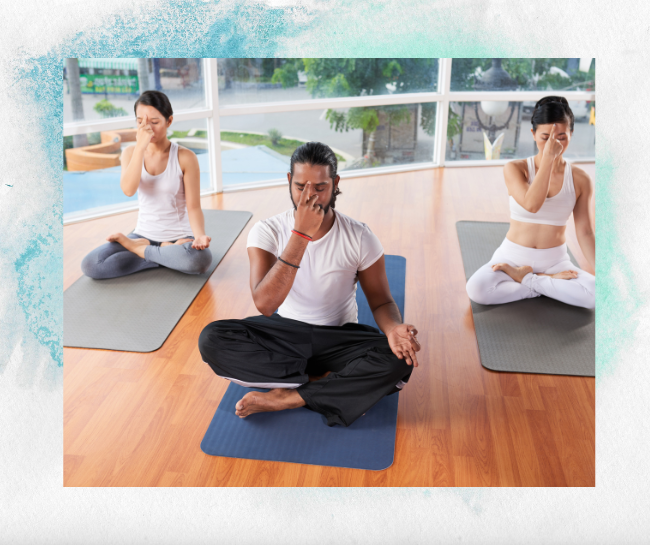
Instead of a single word or phrase, some instructors opt for a short, guided relaxation to help students transition out of the class. This might involve focusing on their breath, sensing the energy around them, or reflecting on their practice
- “Inhale deeply, embracing the calm. As you exhale, visualize releasing any remaining tension.”
- “Feel the ground beneath you, grounding your practice and intentions.”
- “Hold onto the peace of this moment, taking a moment to honor your journey today.”
- “Embrace the warmth and energy of the room, letting it fill you from head to toe.”
- “As we close, imagine a protective shield around you, carrying this practice’s positivity into your day.”
Expressions of Gratitude

Thanking students for their time and effort fosters a sense of community and mutual appreciation. It emphasizes the shared journey of the class.
- “I’m grateful for the energy we created together today. Thank you.”
- “Your presence added so much to today’s session. My heart is full of gratitude.”
- “Every breath you took, every pose you held, enriched our shared experience. Thank you.”
- “Thank you for showing up, not just in body, but in spirit and intention.”
- “It’s a privilege to guide such dedicated souls. Gratitude for your commitment.”
💡 Incorporating expressions of gratitude at the end of a yoga class fosters a sense of connection and mindfulness, creating a beautiful closure without the need for ‘Namaste’.
Localized or Translated Terms of Respect
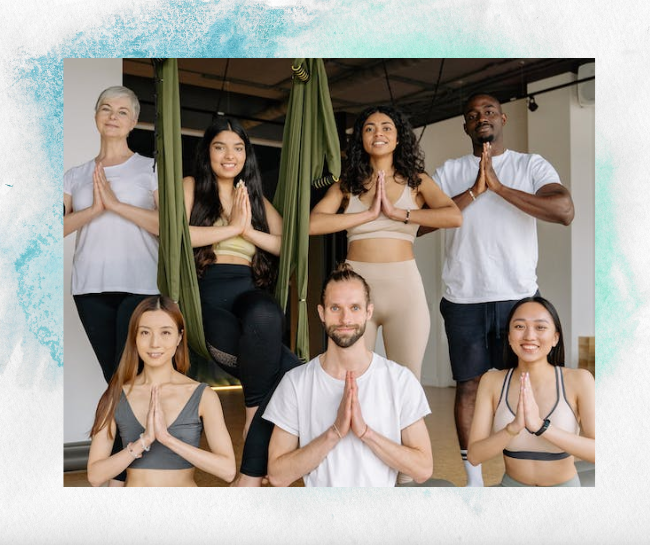
Depending on the region or the cultural background of the students, instructors might choose to use local expressions of gratitude or respect. This can foster inclusivity.
- In Spanish: “Gracias por este momento juntos.” (Thank you for this time together.)
- In French: “Merci pour votre énergie.” (Thank you for your energy.)
- In German: “Ich danke Ihnen für Ihre Anwesenheit.” (I thank you for your presence.)
- In Italian: “Grazie per aver condiviso questa pratica.” (Thank you for sharing this practice.)
Silence as an Impactful End

Sometimes, words are not needed. Ending with a moment of shared silence can be a powerful way to let the experience of the session resonate. It provides a calm, introspective space for reflection.
- “Let’s take a minute to just be, honoring the stillness.”
- “Close your eyes, absorbing the last remnants of today’s energy.”
- “In this silence, let your heart express its gratitude.”
- “Allow the tranquility of our shared silence to sink in.”
- “Honor this peaceful moment, letting it imprint on your soul.”
Custom Affirmations for the Class
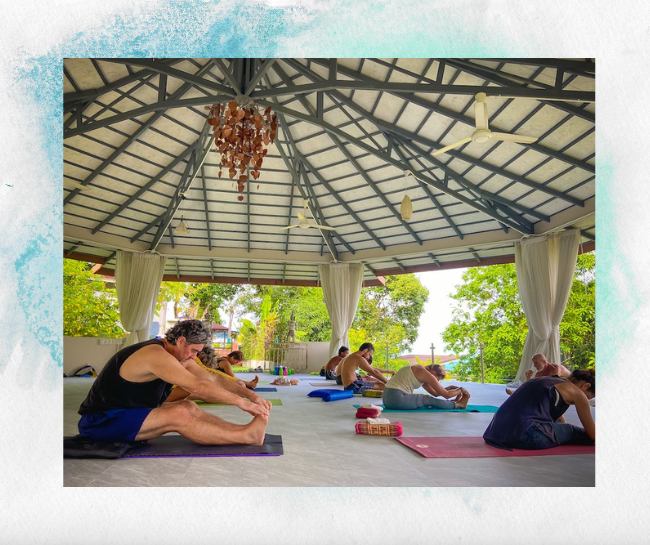
Instructors can craft a unique affirmation or mantra for each class, tailored to the day’s theme or focus. This personal touch can make each session feel special.
- Harness the power and energy from today, using it as a beacon for the rest of your week.”
- “Remember the balance you felt today whenever life’s challenges arise.”
- “May the resilience you showed in practice be mirrored in your daily encounters.”
- “Each time you return to the mat, you evolve. Take this growth with you.”
- “Like the ebb and flow of tides, yoga reminds us to move with life’s rhythms. Embrace this fluidity.”
💡 Empower your students with personalized affirmations that resonate, creating a unique and transformative yoga class experience.
Ending a yoga class is as essential as its beginning, setting the tone for how students transition back into the world outside. Understanding how to end a yoga class without saying ‘Namaste’ is an important tool for instructors, acknowledging the evolving landscape of yoga and the sensitivity around cultural appreciation. The alternatives provided here, rooted in gratitude, mindfulness, and universal human connection, offer ways to conclude sessions with respect and intention. Each time we say our closing words, whatever they might be, we’re creating a bridge between the sacred practice on the mat and the everyday life that awaits our students. It’s a profound responsibility, and one that can be approached with creativity, authenticity, and reverence.
Ready to inspire your yoga students with the Top 10 End of Yoga Class Quotes? Dive into our enlightening blog, ‘Inspire Your Students: Top 10 Yoga Class Closing Quotes.’ Discover the wisdom to uplift and transform your yoga sessions. Plus, unlock your studio’s full potential with Spark Membership Software – your key to seamless management and growth. Explore now and elevate your yoga journey!




